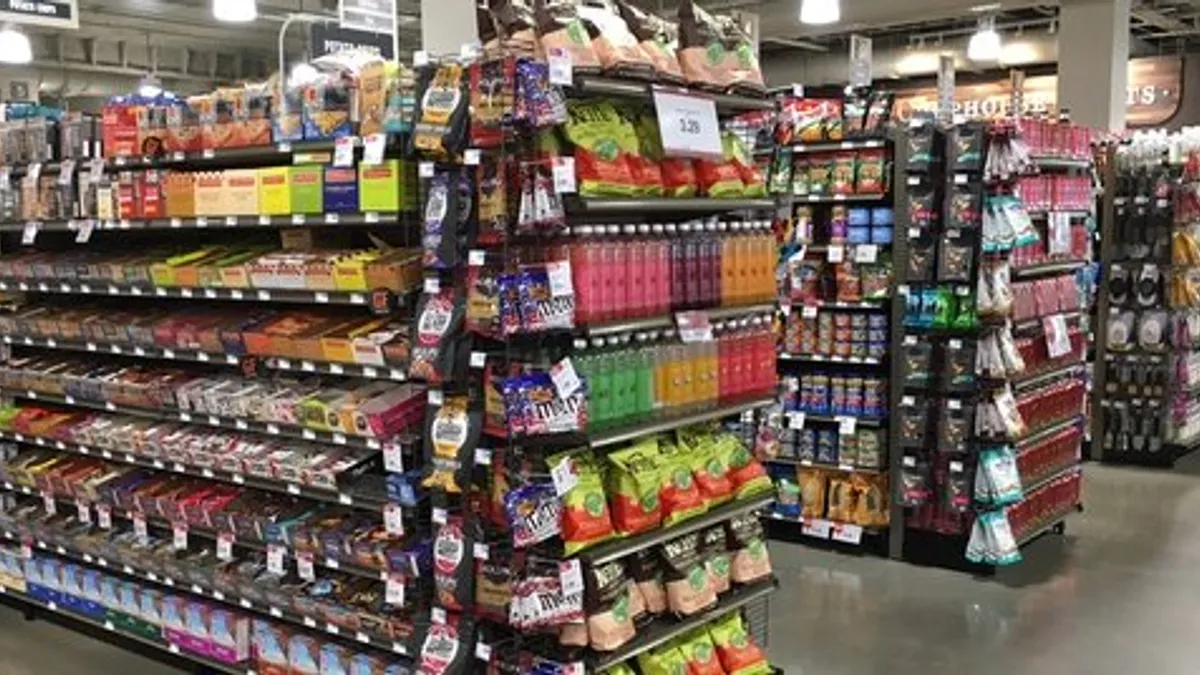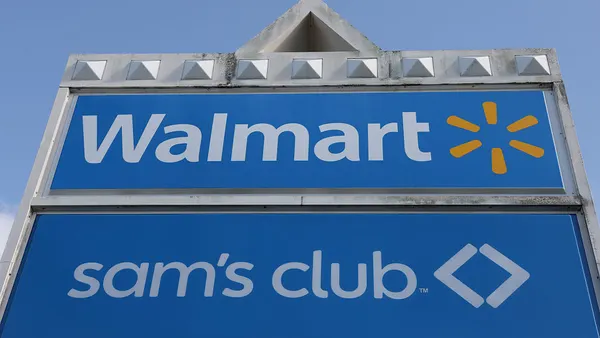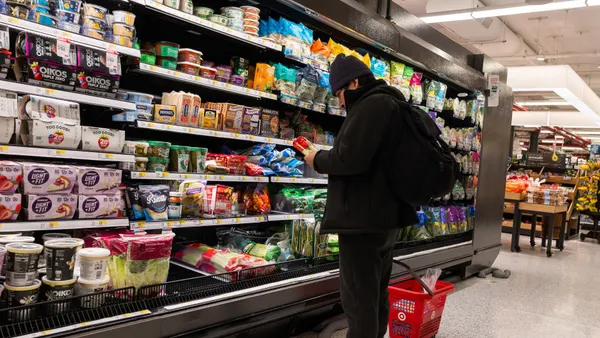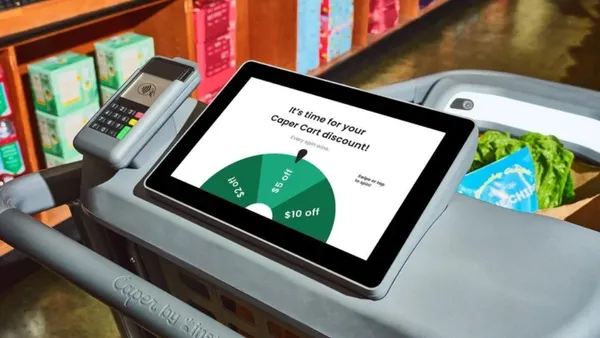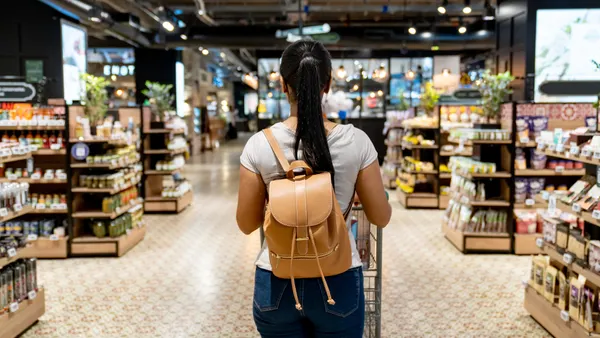Dive Brief:
- Relationshop, a firm that offers online shopper engagement tools to retailers, announced Tuesday that it has acquired Israel-based Stor.ai, which provides regional grocers with e-commerce fulfillment services.
- The combined entity will operate under the Stor.ai name and blend Relationshop’s analytics and personalization technology with Stor.ai’s business helping retailers manage digital orders.
- Relationshop’s decision to purchase Stor.ai stems from the company’s conclusion that it needed to offer an end-to-end e-commerce platform for grocers in order to compete with larger players like Amazon and Instacart, said CEO Galen Walters.
Dive Insight:
Relationshop’s purchase of Stor.ai came together following a meeting Walters had at Groceryshop in September with Mendel Gniwisch, who was then CEO of Stor.ai, Walters said in an interview. Gniwisch is now president of the company and will serve on its board of directors, according to the announcement.
Walters declined to disclose the terms of the deal, but said it is worth in excess of $50 million. The enlarged company, which will be based in Magnolia, Texas, has about 130 employees, and Walters said he does not have plans to cut any positions as a result of the transaction.
The company works with a range of regional grocers, including NetCost, Strack & Van Til Food Market and Vallarta Supermarkets. Its customers also include Albertsons’ namesake banner and brands including Market Street, United Supermarkets and United Express. Shop.ai also serves Big Y Foods as well as grocers in England, France, Kuwait, Israel and Canada, Walters said.
The former Stor.ai entity, which had been known as Self Point until 2020, raised $21 million from investors in early 2021. The company has processed more than $1 billion in grocery e-commerce sales since it was founded in 2014.
Walters, who worked for Safeway earlier in his career, said he is especially focused on providing grocers with a turnkey solution when interacting with shoppers online, noting that many retailers often have to turn to multiple vendors to develop and maintain a digital presence.
“They end up with an e-commerce guy, a front end guy, a mobile guy, and they've got the recipe guy, they’ve got the health and wellness guys. We're bringing all that together ... so they will not have to go to multiple companies to integrate all of these different systems inside their IT department,” Walters said.
Walters said he had been skeptical that shoppers would gravitate in significant numbers toward buying groceries online, but changed his mind when he saw Instacart take steps to raise its profile and the pandemic drive shoppers toward e-commerce.
“We watched Instacart continue to carve up turf … and buy up other companies, and we started looking at that and thought, ‘you know what, somebody is either going to have to create a [company] that pulls together key assets in this industry or we're all going to be subject to that roll up,’” said Walters. “I chose to drive it and not be subject to it. So that was really the catalyst that pushed me over the edge.”



